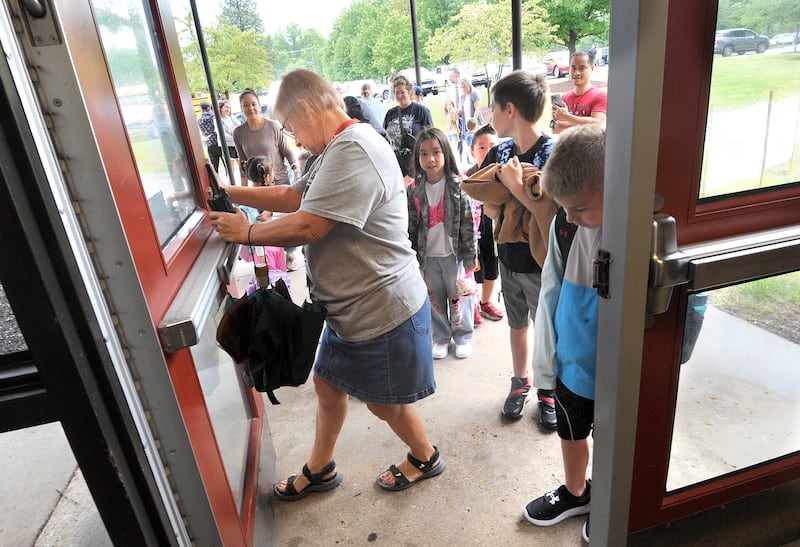It just became more expensive to build residential developments in Yorkville.
To help the Yorkville School District 115 cover rising student-care costs, the City Council approved a 40% increase in residential transition fees.
To entice developers and new growth, the fees were previously frozen from 2003 to 2025 at $3,000 per residential unit. This helped builders but over the last decade alone the operating annual cost per student in District 115 has increased 38%, to $13,706, according to the school district.
To help mind the gap, the school district requested the City Council to approve new rates set at $7,000 per new residential unit. The City Council also approved raising the transition fees to $5,000 for new multi-family housing, which includes new duplexes, condos and apartments.
The school district based their new requested rates upon the results of a conducted future enrollment costs analysis.
Transition fees are impact fees designed to offset the costs of student enrollment growth spurred by new residential developments. They help cover lags between new students using district resources before their household pays their first property bills.
During the meeting, City Council members said the new fee rates apply immediately to any currently unapproved new developments coming into the city.
The new rates do not apply to any prior development plans that have already agreed to fee locks, which includes several subdivisions in various stages of development across the city.
During the fee hike approval, every alderman voted for the measure, except Alderman Chris Funkhouser who voted against the increase.
One of the questions explored by the City Council was how often the school district plans to ask for future rate increases.
Alderman Matt Marek said he spoke with Kreg Wesley, the school district’s assistant superintendent of business services, to ask if the school district had a time frame of how often, every five, 10, 15 years, they plan on requesting fee increases.
“He did indicate there was no specific time frame they were looking at, more sort of like the circumstances that surrounded population, funding and growth,” Marek said during the City Council meeting on June 24.
The fee increases also look to offset some of the rising costs brought on by the school district’s increasing enrollment population. A recent demographic study funded by the school district projected an additional 825 students in the district by 2029-30.
This follows a 2.9% average growth rate over the past three years, adding on average 203 new students per year.
The new growth has left the school district strapped for cash. The school district currently is in the process of designing options for a facility master plan upgrade involving constructing new buildings and expanding current classrooms to prevent a further capacity crisis.
The facility master plan will likely involve a public referendum requesting residents to agree to higher taxes to offset the construction costs.
The district’s request of $7,000 fees is less than the expected request of between $8,000 and $10,000 per residential unit that was discussed at prior City Council meetings.
The difference may appear small, but the sum really totals up fast for the district. In 2022, the district collected transition fees from 340 new residential units, totaling $861,000, according to the school district.
With the larger transition fees applying immediately, it remains to be seen if school district officials will continue their practice of sending representatives to City Council meetings to voice concerns about new growth.

:quality(70)/s3.amazonaws.com/arc-authors/shawmedia/0cef0bf9-a04e-4bb4-aea0-03d8ced01c00.jpg)